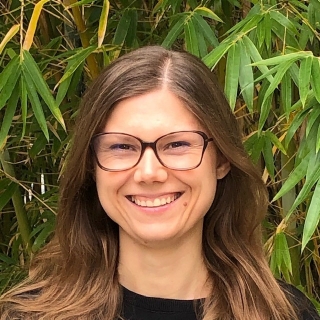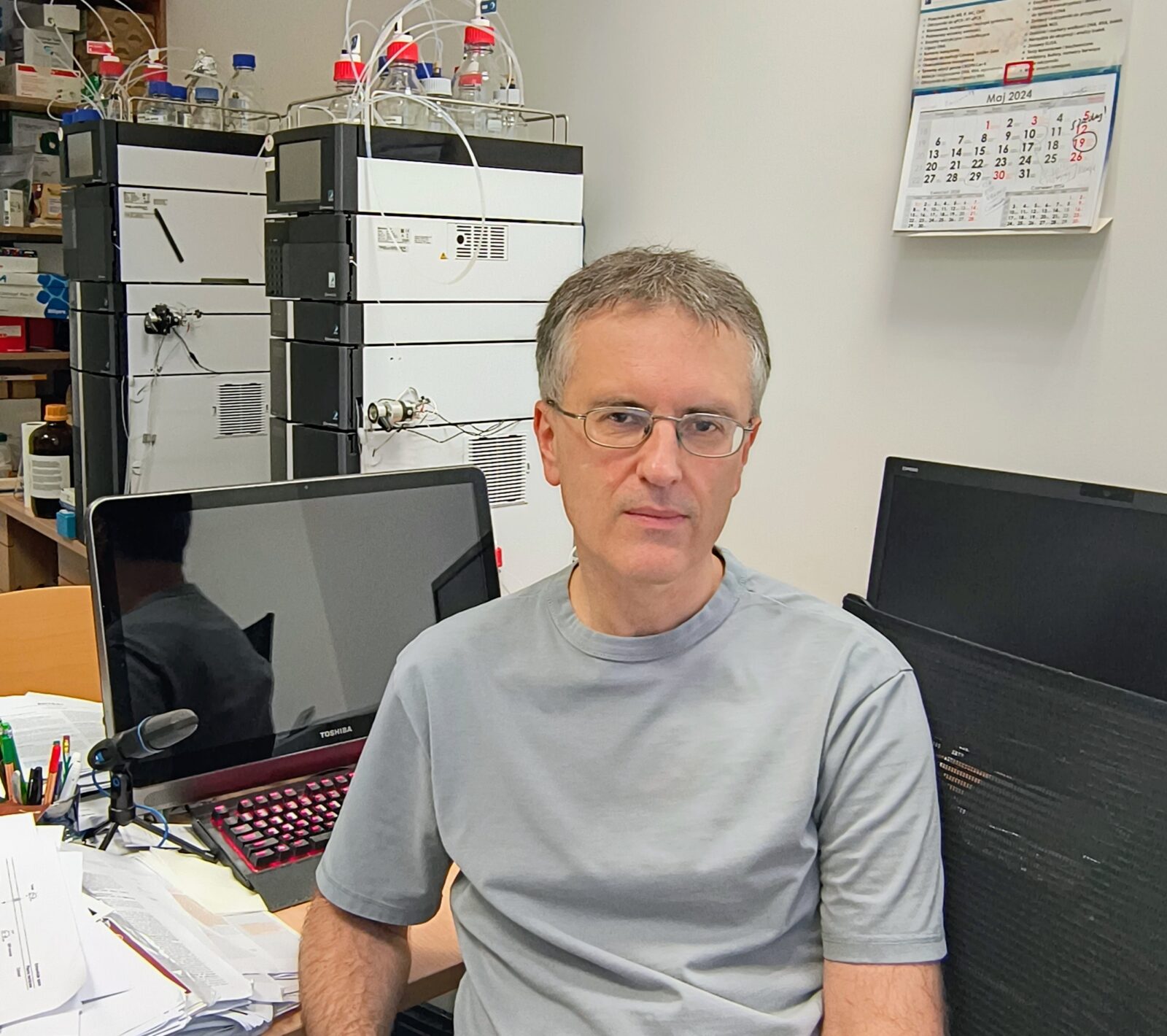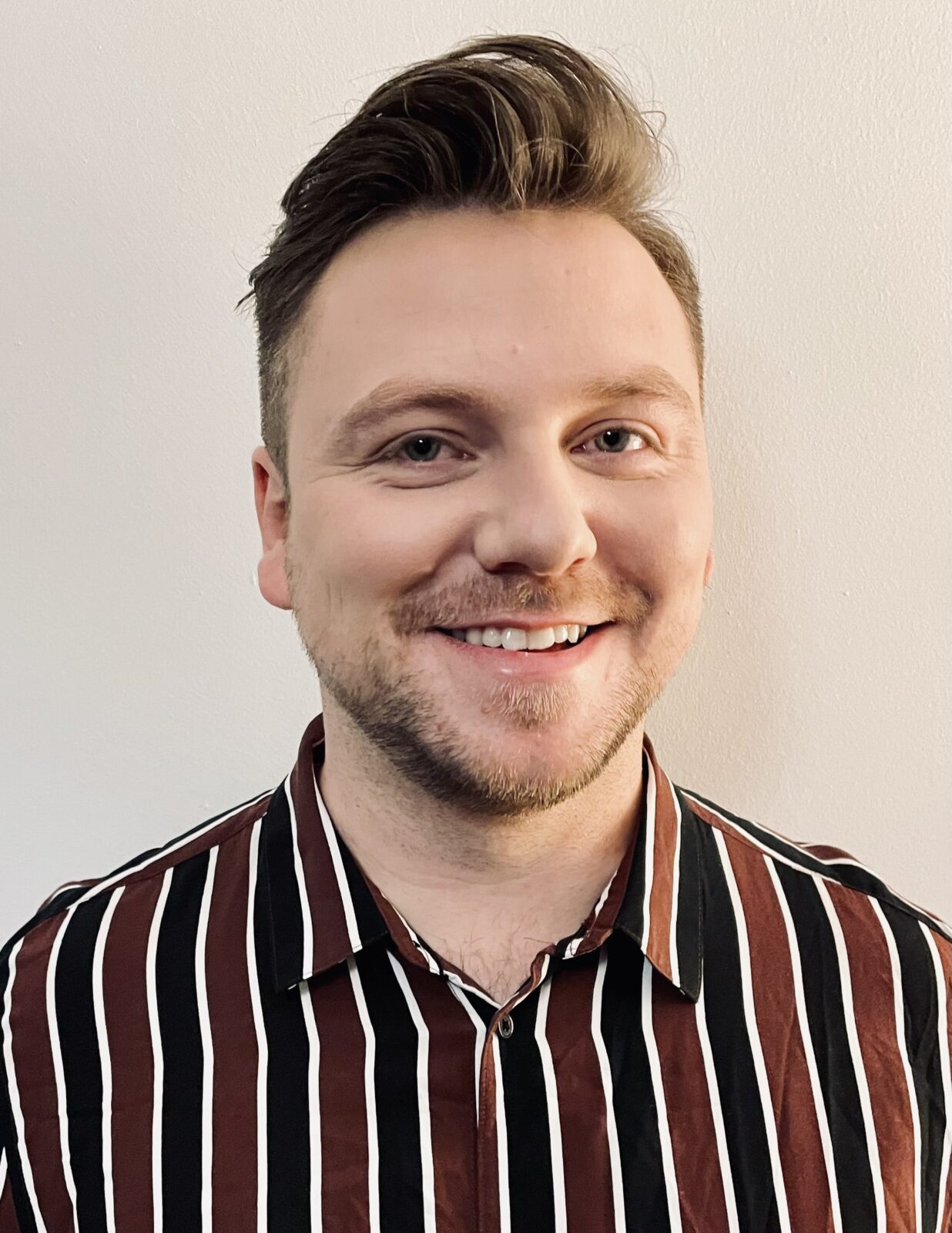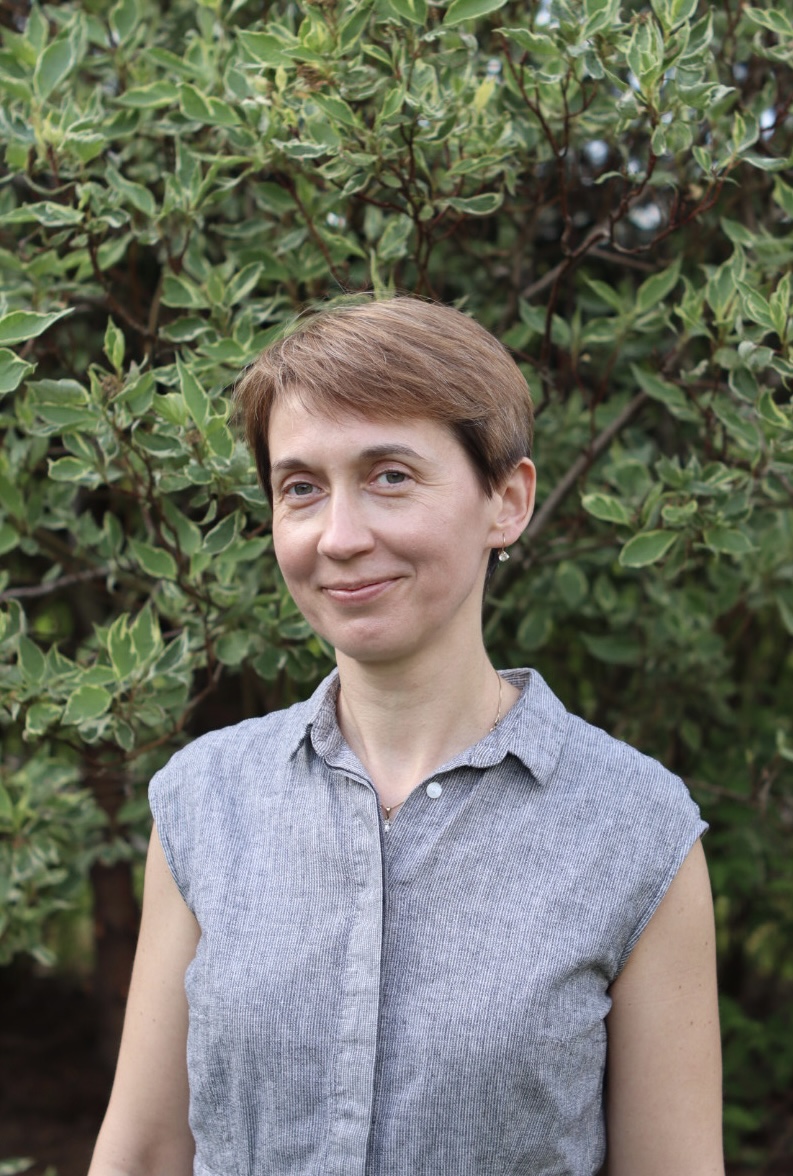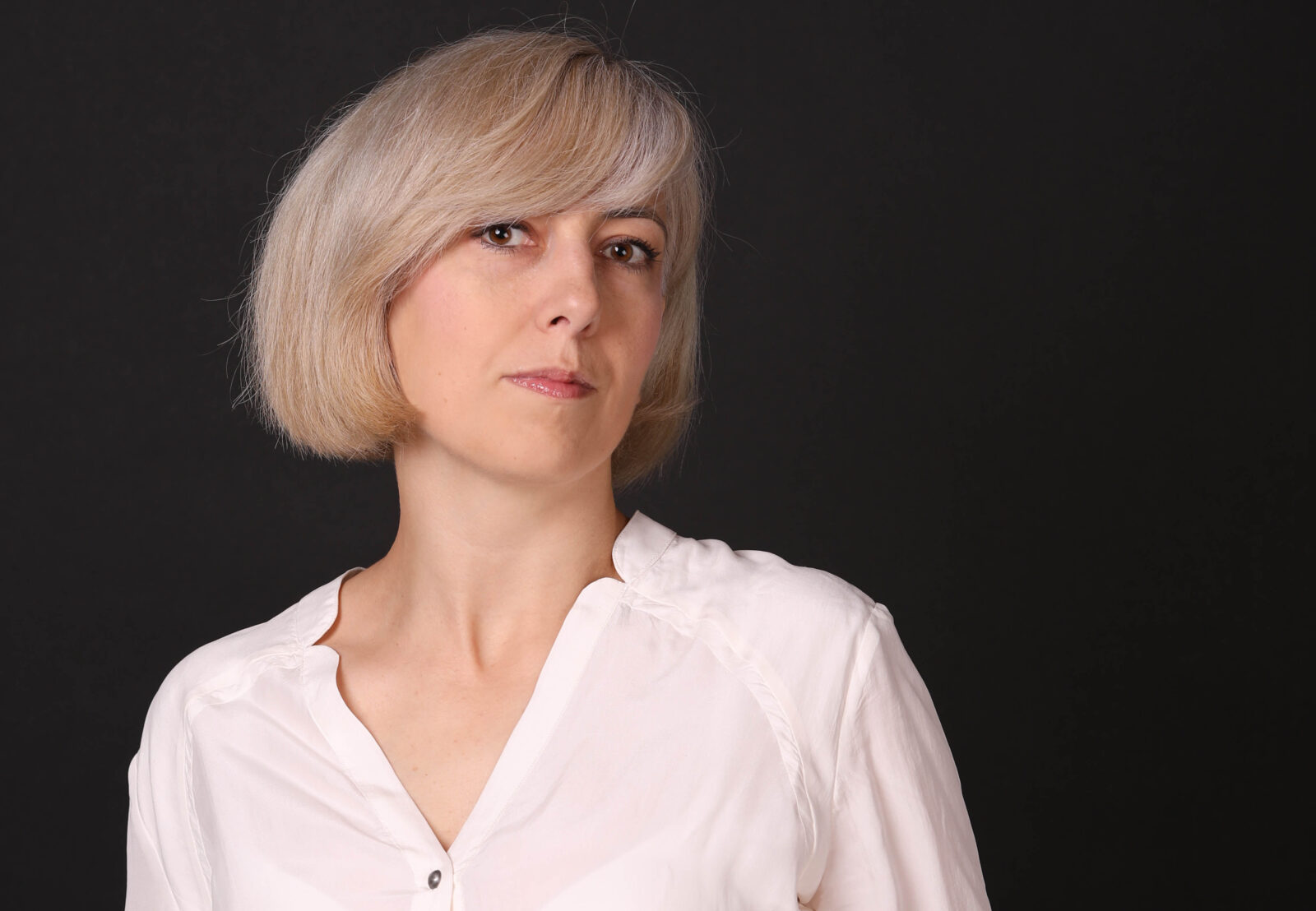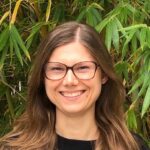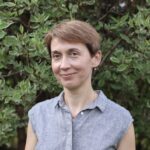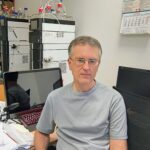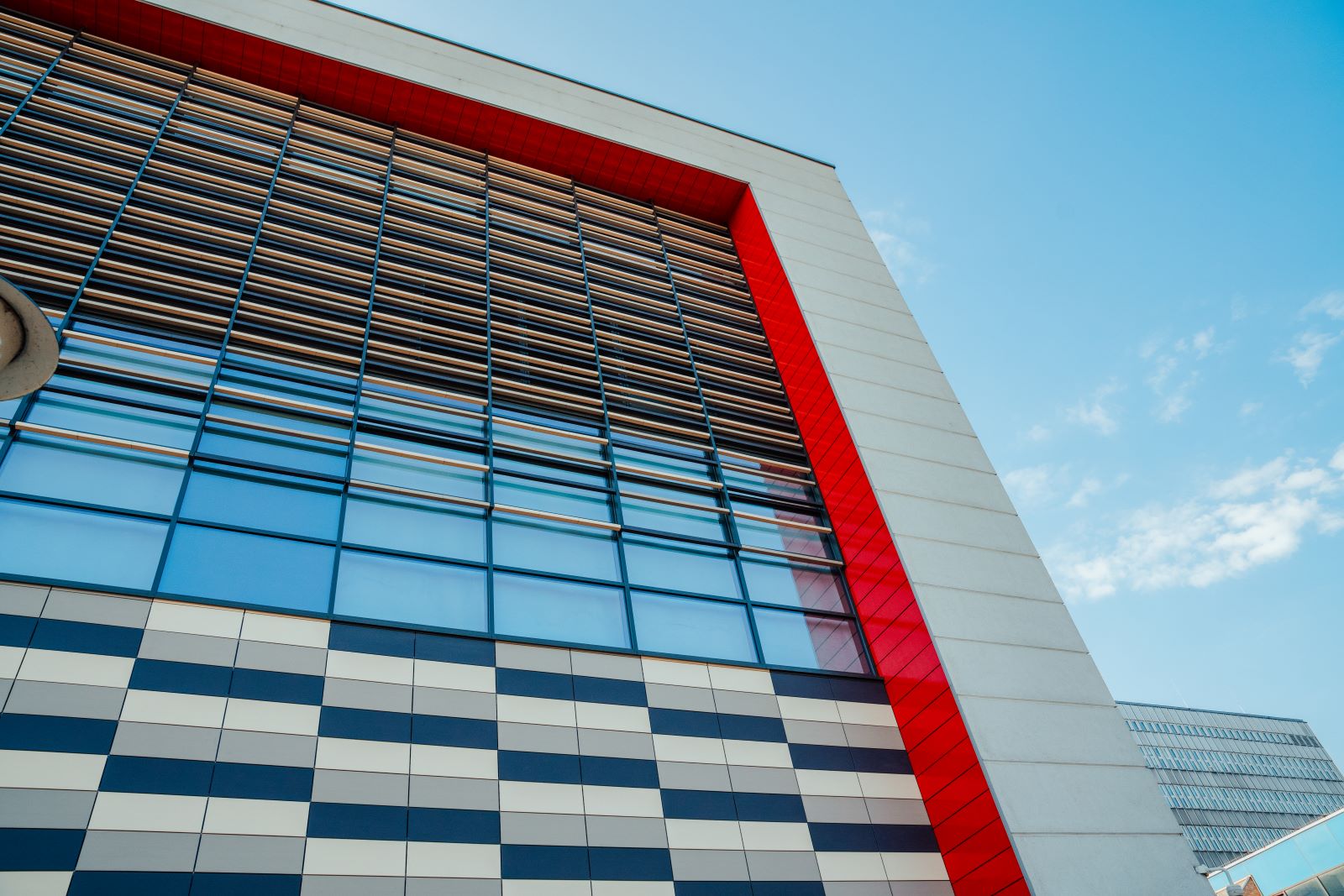
Grants for researches from the Faculty of Biotechnology and the Faculty of Biological Sciences
Twenty seven researchers from the UWr will be granted with PLN 40 million to realize their own projects as a result of the OPUS 26 and SONATA 19 Projects of the National Science Centre. Scholars from the Faculty of Biotechnology and the Faculty of Biological Sciences are among those, who have received grants.
The grant from OPUS 26 for dr hab. prof. UWr Katarzyna Sokołowska from the Faculty of Biological Sciences was allotted for the research: “Role of callose in wood formation and drought resistance in angiosperm plants” (PLN 1,986,724.00).
“The goal of my project is to get to know the role of callose in secondary wood formation and plants drought resistance,” says our researcher. “Callose is a common plant polysaccharide that is involved in, among other things, the regulation of intercellular transport.”
The molecular aspects of callose influence in secondary wood formation are still unclear. Secondary wood is responsible for water transport within the plant – it’s also an economically significant material. Callose might play important role in regulating plants’ draught resistance mechanisms. “Due to the particular importance of secondary wood for the functioning of perennials, our research will be conducted with the use of not only herbaceous model plant, Arabidopsis thaliana, but also populus, being a model for deciduous trees,” says prof. Sokołowska. By means of visualising plant structures and studying intercellular transport, and enriching them with transcriptomic, metabolomic, chemical or biomechanical analyses, it will be possible to gain insight into the molecular aspects of callose function in wood and will enable the identification of factors that enhance plant survivability during drought.
Four grants will go to the Faculty of Biotechnology.
From OPUS 26, for “Deciphering the importance of the intracellular FGFR1 module for cell fate” – prof. dr hab. Małgorzata Zakrzewska will get PLN 2,296,040.00.
Małgorzata Zakrzewska is a head of Department of Protein Engineering, Faculty of Biotechnology. Her ongoing research is concerned with FGF proteins and their receptors (FGFR) – signalling molecules that play a very important role in many, both physiological and pathological, processes.
“In my research, I focus on explaining the cellular mechanisms involved in the functioning of the FGF/FGFR system and developing the basis for the use of these proteins as, among other things, potential medicine,” explains prof. Zakrzewska.
The aim of the OPUS 26 project is to characterise the processes responsible for controlling the activity of FGF receptor 1 (FGFR1) and to verify the role of its terminal fragment in modulating the signal transmitted to the cell interior, and preventing uncontrolled divisions leading to tumour formation.
OPUS 26 will grant prof. dr hab. Mariusz Olczak with PLN 1,986,160.00 for his research: “Functional and structural relationship between nucleotide sugar biosynthesis and their transport to the subcellular compartments of glycoconjugate biosynthesis.”
“I study cellular glycosylation, that is, the biochemical and physiological properties of molecular modification in living cells that involves the attachment of saccharides to certain proteins,” says prof. Olczak. “In human cells, such modification is very common and affects the properties of such proteins (i.e. glycoproteins).”
Some types of proteins cannot be produced without an additional saccharide component, for example, this is how all antibodies that form natural human immunity are constructed.
“In addition to researching basic metabolism, the study of these compounds in living cells could also be of importance in medical diagnostics or in the development of new types of drugs, as many diseases are known to be linked to glycosylation disorders,” adds our researcher.
Dr Anna Kocyła was granted with PLN 1,377,120.00 from SONATA 19 for the research: “Zn2+-dependent competition between CD4 and CD8α coreceprtor for Lck tyrosine kinase.”
“In my research, I focus on understanding the molecular basis of the specificity of interprotein interactions involving zinc ions,” explains the researcher.
The main research objects are the immunological complexes CD4-Zn-Lck and CD8-Zn-Lck. “I am interested in answering the questions: whether, and to what extent, changes in intracellular zinc ion concentration affect the competition between CD4 and CD8 to form a complex with Lck, and is it possible to obtain mutant versions of CD4/CD8 with increased/reversed selectivity?” Ongoing research has application potential in immunotherapy for immune system disorders.
Dr Michał Śmiga will get PLN 1,264,500.00 from SONATA 19 for “Investigating the function of the incomplete heme synthesis pathway in human oral pathogen Porphyromonas gingivalis.”
The bacteria Porphyromonas gingivalis is considered one of the main aetiological agents and a key pathogen involved in the initiation and progression of chronic periodontitis in humans. P. gingivalis lacks a complete heme synthesis pathway, a compound that is a ligand for many proteins involved in key processes necessary for survival. Heme is taken up by P. gingivalis from the external environment, that is, the human body. However, during the initial phases of infection, the availability of this compound is very low and P. gingivalis has to compete with other bacteria in the oral microbiome for nutrients. “The aim of the project is to understand the function of the proteins of the incomplete heme synthesis pathway of the bacteria P. gingivalis and whether, and how, they affect the virulence of this bacterium and its contribution to the development of periodontal disease,” says dr Śmiga.
Due to the connection between periodontal disease and other systemic and neurodegenerative diseases, as well as the increasing bacterial resistance to routinely used antibiotics, it is important to understand the underlying mechanisms behind the increase in bacterial virulence.
“Understanding these processes could lead to the discovery of new therapy targets that could be used to treat periodontal and related diseases,” believes our researcher.
About other UWr pojects:
About our chemists: https://uwr.edu.pl/en/ncn-grants-for-our-chemists/
About projects from Physics, Astronomy, IT, Geology and Climatology: https://uwr.edu.pl/en/ncn-grants-for-our-researchers/
About pedagogical and historical sciences projects:
compiled by Katarzyna Górowicz-Maćkiewicz
Translated by Michał Bogucki (student of English Studies at the University of Wrocław) as part of the translation practice.
